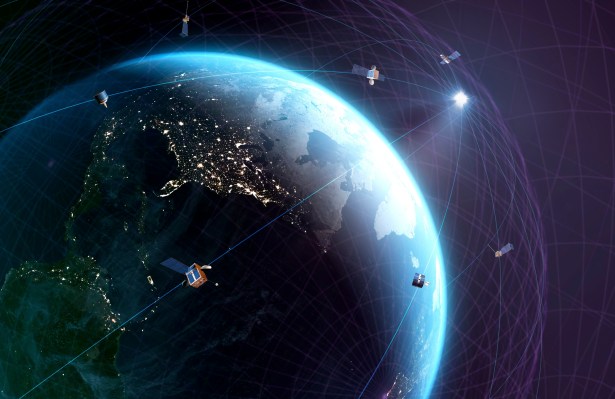SpaceX announced today that it will be sending some 100 Starlink satellites to an early retirement after a flaw was identified that could make them a worry later on. Don’t expect a fiery light show, though, and if you use Starlink, your service should be unaffected.
The announcement explains that “the Starlink team identified a common issue” in this subset of first-generation communication satellites that could “increase the probability of failure.”
I’ve asked the company for further details and will update this post if I hear back, but based on the description and context, it seems likely that the “failure” in question would mean a loss of control. Seventeen Starlink satellites are “currently non-maneuverable,” but SpaceX did not say whether this was due to the same issue as the 100 being de-orbited.
Unpowered satellites are more or less just debris, even if at a low orbit like this one they’ll burn up in a few years rather than in a few hundred. One of the criticisms of mega-constellations like Starlink is their potential to contribute to the space junk problem, and SpaceX doesn’t want to be the one that people blame when the sky is full of broken satellites.
That explains why, with these satellites working perfectly well despite their age, SpaceX has decided to initiate controlled descents to take them out of orbit.
The descents will be triggered “in the coming weeks and months,” but these satellites aren’t capable of big moves, so this is more of a nudge in the downward direction. The de-orbit process will actually take about six months, during which they will also “take maneuver responsibility for any high-risk conjunctions,” meaning if they happen to cross paths with other satellites, the Starlink ones will politely move out of the way.
They will fall one by one, not all together, so don’t bother watching the skies.
Users of Starlink need not fear, however, since there are still thousands of functioning satellites up there. Nearly 6,000 have been launched to date, and 406 have been de-orbited, and others may not be operational, but there are more than enough of them to serve customers.
